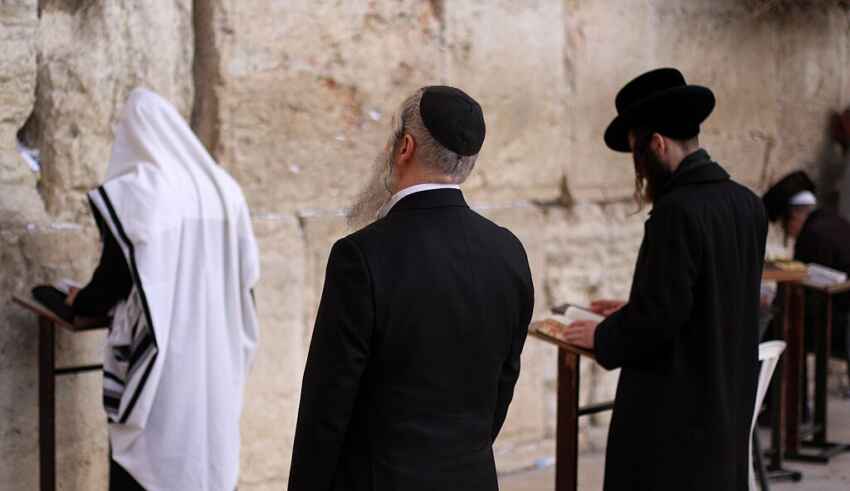
According to a global study conducted by the Pew Research Centre in 2012, only 16% of the global population was not affiliated with any religion. In the last decade, this number followed the tendency to decrease, reaching 14,4% of world population considered as atheist (Statista, 2022). It is obvious that compared to all the religious citizens, this number might seems quite small and irrelevant, nevertheless, as of 2022 atheists were the forth in the global scale in terms of numbers, preceded by Christians, Muslims, and Hindus. Having this much relevance among citizens, certainly leads to a certain degree of influence in modern politics, which for being in 2025, it ca be consider be extremely high.
In the last decades, globalization definitely contributed to spread those ideas and norms across borders, allowing religious leaders to be heard on a bigger scale and to influence socio-political issues. For example, the Interfaith Leader’s Summit, an annual meeting of religious leaders from over 70 countries, aims to promote peaceful and harmonious relationships within and between nation, discussing not only religious matters, but also the international ones as poverty, gender equality, refugees, environmental problems and education issues. First born as a shadow summit to the G8, from 2005 to 2012, it then continued to play an important role next to the G20, from 2014 till now. At the end of each reunion, the religious Summit publishes a statement that is delivered to the G8/G20 political leaders as soon as they start their meetings, aiming that the issues discussed would influence the politicians. For example, following the murder of African America George Floyd in Minneapolis, the G20 Interfaith Forum published on August 2020 the Statement of Principles on Eliminating Racism in all its Forms, in which they invite the G20 to provide a strong leadership dedicated to the elimination of racism, which also include ethnic, antisemitic, Islamophobic or other believes discrimination.
But if the G20 Interfaith Forum Association can be seen as a positive use of religious soft power, religion can be used to justify verbal and physical violence and become a political tool to control and/or manipulate the population. According to the democratic principle of the separation between church and state, religion shouldn’t influence matters of public policy but remain in private’s sphere. Nevertheless, there are many examples around the world of how modern politics in democracies is interconnected with religion.
During the last US presidential campaign, Trump publicly stated, after the attempt to his life, that God spared his life for a reason, and “that reason was to save the country and to restore America to greatness”. According to BBC, Polling ahead of the 2024 election saw Republican party formed by 70% white and Christian, and a Democratic party with only a quarter white and Christian. Not to say that religious people tend to follow conservative ideologies, in themes related to health, wellbeing, values, and family matters.
Similarly, the former Hungarian president Viktor Orban, described himself as a defender of Christian values, affirming to represent Hungary as a Christian democracy, which the main goal of his political mandate was to protect Hungary’s Christian culture. This has led to serious consequences for LGBTQ+ community, for example, to non-traditional families, but also to the lost of state fundings of religious organizations critical of the government, such as some Protestant groups.
On the same line is the Italian government. The Vatican, headquarter of the Catholic Church, is well known for being highly influential in Italy in social and political life, despite in 1985 Catholicism ceased to be the official state religion. The church’s soft power is so strong and rooted to affect the approval of several laws considered “inconvenient and/or against God will” by the Church: for example, the referendum on medically assisted reproduction of 2005 failed to win because Pope Benedict XVI openly recommended electoral abstention, influencing citizens opinion. The current Prime Minister, Giorgia Meloni, focused her electoral campaign on Christian values, promising to protect, as Orban did, traditional families, to combat woke ideologies, and controversial reforms, such as abortion, that goes against what Catholic Church preaches.
Religion can therefore adopt totalitarian features the moment in which a religious leader seek to legitimize abuse of power and violation of human rights in the name of God, leading to religious terrorism. Despite the fact that youth is getting its distances from religion, the problem remains that new generations are also keeping themselves apart from political matters, forgetting their right and duty of voting during elections. By not attending pools, they leave the power in the hands of older generations, often with conservative values that are reinforced by political stakeholders that use religion to reconnect with the population, and install fear against what’s different. Modern politics is highly influenced by religion, risking to erode democracy, human rights, and constitutional principles.
Bibliography:
- G20 Interfaith Forum (2020) To the G20 Leaders : a call to action, Saudi Arabia, available at : https://drive.google.com/file/d/1aCdaxpDKJHBW2fEmLOQKh4o8n7dniIKS/view
- Statista (2022) Share of global population affiliated with major religious groups in 2022, available at: Share of global population by religion 2022 | Statista
By The European Institute for International Relations















